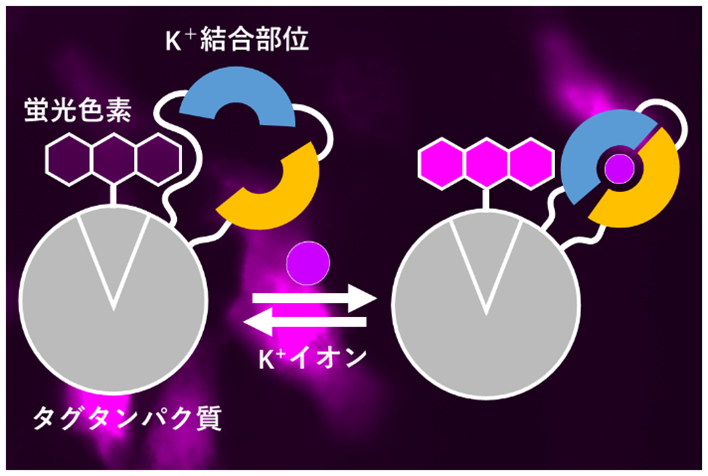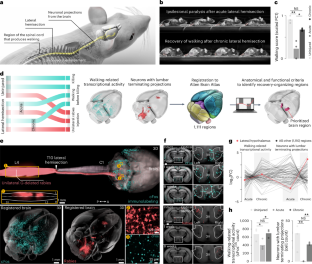2024-12-02 カナダ・ブリティッシュコロンビア大学(UBC)
<関連情報>
- https://news.ubc.ca/2024/12/climate-change-bacterial-infections-corals/
- https://journals.plos.org/plosbiology/article?id=10.1371/journal.pbio.3002900
温暖化によって引き起こされる感染性外温動物の過剰死亡率は、病原体の種類と進化の歴史によって異なる Excess mortality of infected ectotherms induced by warming depends on pathogen kingdom and evolutionary history
Jingdi Li ,Nele Guttmann,Georgia C. Drew,Tobias E. Hector,Justyna Wolinska,Kayla C. King
PLOS Biology Published: November 18, 2024
DOI:https://doi.org/10.1371/journal.pbio.3002900
Abstract
Climate change is causing extreme heating events and can lead to more infectious disease outbreaks, putting species persistence at risk. The extent to which warming temperatures and infection may together impair host health is unclear. Using a meta-analysis of >190 effect sizes representing 101 ectothermic animal host–pathogen systems, we demonstrate that warming significantly increased the mortality of hosts infected by bacterial pathogens. Pathogens that have been evolutionarily established within the host species showed higher virulence under warmer temperatures. Conversely, the effect of warming on novel infections—from pathogens without a shared evolutionary history with the host species—were more pronounced with larger differences between compared temperatures. We found that compared to established infections, novel infections were more deadly at lower/baseline temperatures. Moreover, we revealed that the virulence of fungal pathogens increased only when temperatures were shifted upwards towards the pathogen thermal optimum. The magnitude of all these significant effects was not impacted by host life-stage, immune complexity, pathogen inoculation methods, or exposure time. Overall, our findings reveal distinct patterns in changes of pathogen virulence during warming. We highlight the importance of pathogen taxa, thermal optima, and evolutionary history in determining the impact of global change on infection outcomes.


